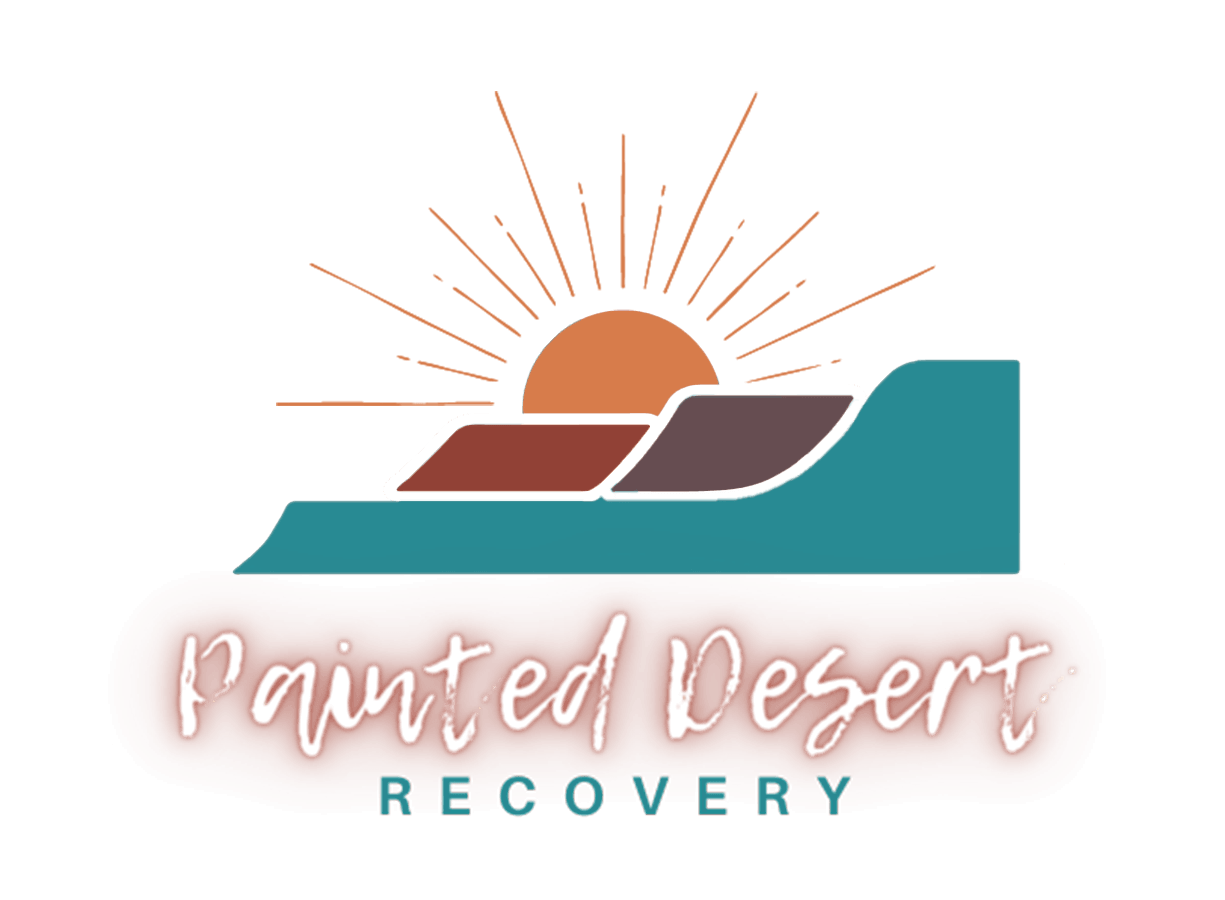In places like Utah, stimulant addiction treatment programs are not that difficult to find. Stimulant addiction is one of the more well-known substance use disorders. Experts typically recommend professional treatment to people that want to overcome stimulant addiction.
Stimulants result in increased activity in the body. Sometimes referred to as “uppers,” drugs like this are frequently abused due to performance-enhancing and euphoric effects. While people struggling with stimulant addiction may feel great due to these short-term effects, long-term abuse of drugs like this can have significant consequences.
Searching for women’s addiction recovery programs in Utah? Contact Painted Desert Recovery today. Call 844.540.0357 or reach out to our team online.
What Are the Common Addictive Stimulants?
There are legal and illicit stimulants—both types can be abused. Some common stimulants include the following:
- Cocaine – This highly addictive drug is one of the most well-known stimulants in the world. It’s made from the South American coca plant and usually comes in the form of a fine white powder. However, “crack” comes in the form of crystallized rocks. Cocaine and crack cocaine can be used via a multitude of methods—such as snorting or smoking.
- Methamphetamine (meth) – Methamphetamine is another highly addictive stimulant. Meth is usually found in either powder or crystal form, and it can also be ingested in a multitude of ways, from smoking to injecting.
- Prescription stimulants – Illicit drugs are not the only stimulants that can negatively affect a human. Prescription amphetamines—such as Ritalin, Adderall, and Concerta—can also be abused. They are often prescribed to treat attention deficit hyperactivity disorder (ADHD) but are still highly addictive and habit-forming.
Prescription stimulants are often taken with the guidance of a medical professional, but this doesn’t make them less dangerous or less addictive than cocaine or meth. Watch out for signs of addiction in yourself or someone you care about if they have stimulant prescriptions—especially if they’re children or young adults.
What Are the Signs That Someone Needs to Get Admitted into a Stimulant Rehab for Women?
Those who frequently use stimulants—regardless of their intentions—are at risk of becoming addicted to them. However, it can be difficult to distinguish addiction from the regular medical use of stimulants.
Knowing what to look for can help identify addiction and a need for professional intervention. Common signs of stimulant addiction include the following:
- Aggressive behavior
- Anxiety or nervousness
- Appetite and weight loss
- Deceptive behavior, such as stealing or lying
- Dilated pupils
- Doctor shopping, or meeting with multiple doctors to get prescriptions
- Elevated blood pressure
- Excessive sweating
- Exhibiting excessive energy or motivation
- Hyper-focus
- Hyperactivity
- Increased sense of well-being or confidence
- Mood swings, particularly involving anger
- Not following a prescription’s instructions
- Racing thoughts
- Rapid heartbeat
- Restlessness
- Risky or impulsive behaviors
- Using illicit stimulant drugs
- Using stimulant drugs without a prescription
When Should You Consider a Stimulant Addiction Treatment Program?
The consequences of stimulant addiction can affect a person’s health and life in both the short term and the long term. For example, stimulant misuse can increase the risk of cardiac arrest, stroke, cardiac arrhythmia, and other negative health conditions. The combination of physical exertion and stimulants, in particular, makes misusing stimulants very dangerous. Several athletes have died due to stimulant abuse.
If you’re worried about your health and longevity, you should consider a stimulant rehab for women. While traditional addiction treatment programs that don’t have a gender-specific approach may seem ideal, being around your peers may make you more comfortable and more open to treatment.
Ready to Learn More About Painted Desert’s Stimulant Addiction Treatment Program?
If you’re looking for a stimulant addiction treatment program in Utah, contact Painted Desert Recovery today. Reach out to our team online or call 844.540.0357.







